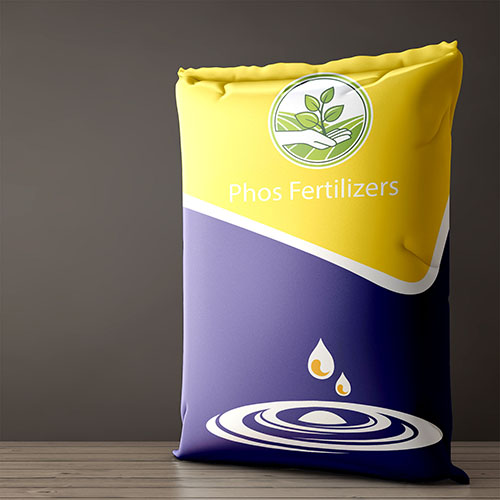Welcome to PhosFertilizers, we hope you will enjoy our products and have good experience
Phosphorus For Plants
Phosphorus For Plants

Nitrogen Phosphorus For Plants takes on an array of different functions in the plant and is therefore particularly important. Mainly, it is responsible for plant growth and regeneration. If there is too little nitrogen present, the plants do not grow sufficiently and any yield decreases. An excess, however, has several disadvantages: it leads to delayed flowering and fruit ripening; plant tissue becomes very soft and therefore less stable; and eventually, diseases and pests are more likely, which is what leads to a reduction in yield Phosphorus, which is also a main nutritional element in plants. The essential functions of phosphorus care for the transmission and storage of chemical energy, Phosphorus For Plants as well as root formation. In addition, it is essential for photosynthesis. Thus, phosphorus is helpful from the beginning, meaning that it supports the seed, for example, during fertilization. But also later during the blooming period. A lack of phosphorus causes plants to remain small and stunted and stalks to remain thin. What's more, the leaves turn color, the roots hardly grow and flowering is delayed. In contrast, a (rarely occurring) excess of phosphorus damages the plants indirectly, by reducing the amount of trace elements available.Potassium, the third essential nutrient. This material provides for water absorption and thus for an appropriate balance of water in the plant. That also leads to strong plant tissue and a high resilience and resistance. At the same time, it promotes resistance to diseases, extreme weather conditions, such as the cold, etc. A lack of potassium makes the plant become limp and impairs formation of the root. In addition, the plant transpires more during dry periods and takes less water. Too much potassium causes a disadvantageous concentration of salt and thus a reduced intake of positive nutrients, such as magnesium, etc. In addition to the three main nutritional elements mentioned above, which are present in large quantities in NPK Phosphorus For Plants , plants still need other important nutrients such as calcium, magnesium and sulfur, and trace elements (copper, zinc, iron, etc.) for growth and the formation of biomass. Therefore, these are also found in Phosphorus For Plants , but only in smaller amounts.
